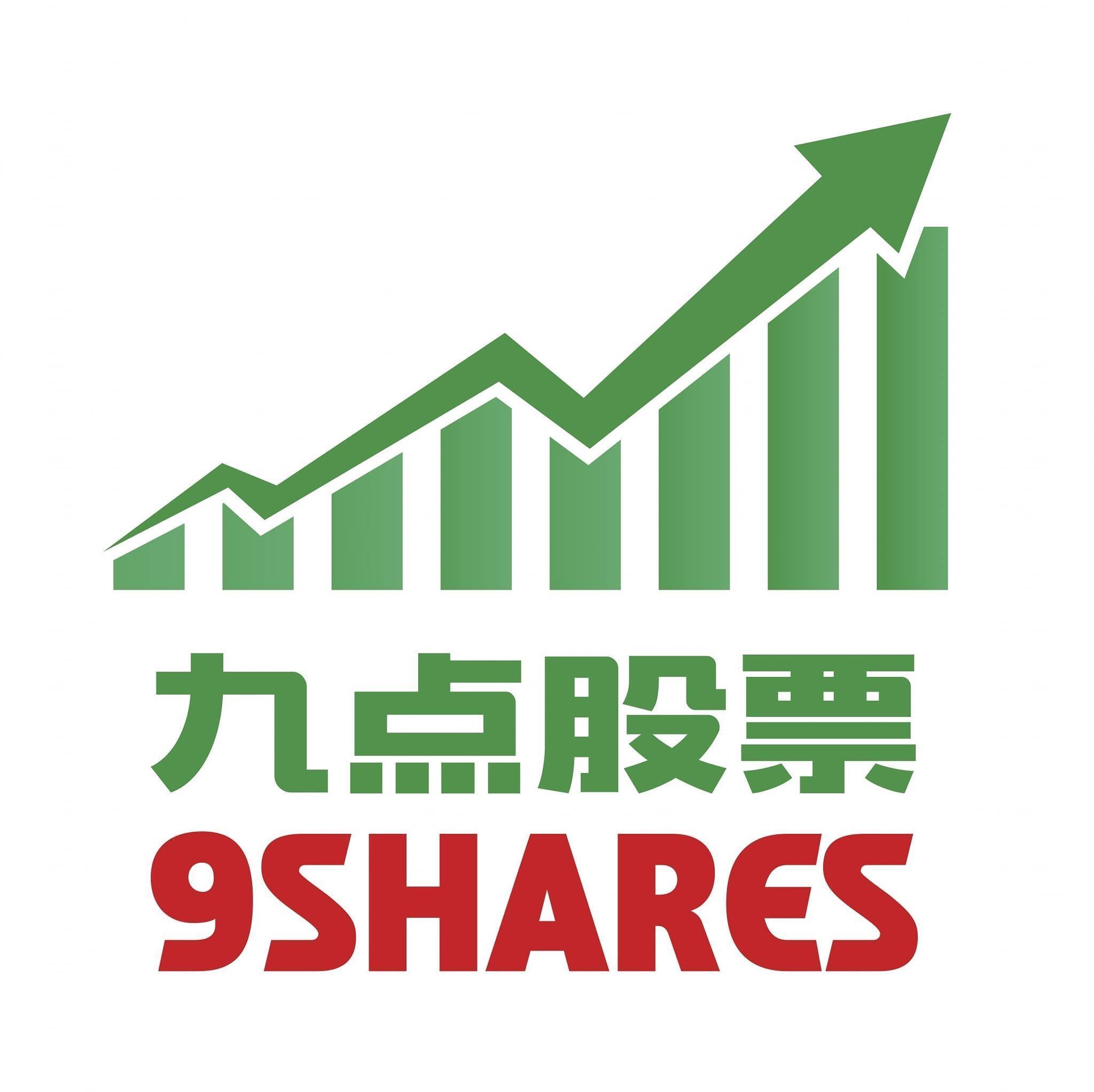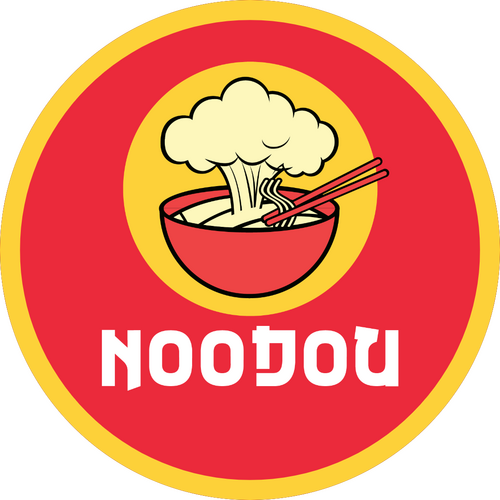Empowering ASEAN MSMEs to Embrace Circular Economy | Seasia.co
2 年前
By Dr. Kao Kim Hourn, Secretary-General, Association of Southeast Asian Nations (ASEAN)
Mark Sultan Gersava was a peace development worker from Mindanao, the Philippines, who decided to act on what he saw as a critical challenge: transforming his ordinary products to become environmental-friendly to help mitigate the effect of climate change while empowering his local community with sustainable and long-term livelihoods. His enterprise, Bambuhay, produces bamboo straws and toothbrushes to replace plastic-based products.
To date, his ambition has brought real positive impact for 13,910 farmers, providing them with an increased sustainable source of income and brought 68 families out of poverty. Their work has helped remove around 1,100 tons of plastics from the environment and planted nearly 40,000 trees and bamboo. His products are wholeheartedly welcomed by consumers and recognised by multinational companies, having supplied bamboo straws for Coffee Bean and Tea Leaf in the Philippines.[1]
As we celebrate United Nation’s MSME Day on June 27 in recognition of the tremendous contributions of micro, small and medium-sized enterprises (MSMEs) to the achievement of the United Nations Sustainable Development Goals (SDGs), Bambuhay’s story is a remarkable example of how MSMEs can play a significant role in transforming ASEAN towards a circular economy and prepare the region for a sustainable future.
Shift Towards Circular Economy
The recovery and rebuilding efforts from COVID-19 ushered in the focus on circular economy and sustainable development. Restricted mobility due to the pandemic disrupted the traditional business model, prompting every firm to adapt and seek alternative supply networks. The surge in consumers’ reliance on online shopping and food delivery has led to an upsurge in packaging waste, thus exacerbating the imminent crisis in waste management in the world. The World Bank estimated that global waste generation will see a 70% increase between 2016 to 2050.[2]
The World Economic Forum reported that by 2030, ASEAN is expected to see 140 million new consumers, representing 16% of global increase.[3] Fortunately, a remarkable change has unfolded in consumer behaviour, heralding a careful reevaluation of the consumption patterns that impact their health and the environment. Demand has shifted towards more sustainable products, which consumers were willing to pay premium costs.
The COVID-19 pandemic also triggered a strong sense of community and preference to support socially responsible enterprises, evident from intensified collaboration and coordinated efforts to purchase from local businesses. These shifts paved the way for innovations that promote waste reduction, resource conservation as well as self-sufficiency through locally sourced and produced goods.
MSMEs in Circular Economy: An Economic Imperative
Deeply rooted as part of local society, MSMEs are frequently regarded as vital enablers of socio-economic development. In ASEAN, MSMEs account for 85% of employment and 44.8% of the region’s GDP.[4] They provide primary sources of income and livelihoods for a significant number of individuals and households. Through partnerships with other local businesses, MSMEs are an integral part of the value chain, enabling access to a variety of products for their customers and servicing the local community.
Due to their lean structure and versatile business model, MSMEs have the ability to embrace new developments, such as the circular economy and digital technologies. In the last three years, we witnessed many businesses, particularly MSMEs, rapidly adopting innovative technologies and practices to remain relevant and competitive. Like Bambuhay, many MSMEs have considerably sharpened their competitiveness by differentiating their offerings and catering to the burgeoning demand of socially conscious consumers. Additionally, in building a circularity ecosystem, technology adoption also plays a crucial role in enabling better tracking and traceability while supporting innovative business models. These developments resulted in reduced physical resource requirements, decreased commuting-related emissions and sharing economy being enabled through digital platforms. The development illustrates how an MSME sets sail on their journey towards the circular economy.
Nevertheless, the transformation of MSMEs is not without challenges. Shifting in business approach and mindset of MSMEs could be one of the first and foremost obstacles. The transformation involves substantial investment in research and development to redesign products and processes. Furthermore, adopting a new business model often necessitates changes in the supply chain and partnerships with suppliers. Ultimately, these alterations would have financial and operational implications. Most MSMEs often struggle with limited capital and constrained budgets. With the scarcity of resources available at their disposal, it becomes even more critical for MSMEs to embrace circularity in ensuring their survival. Therein lies the need to facilitate and support their adoption of sustainability practices which in the end, will benefit all.
In building an enabling environment for MSMEs to thrive in a circular economy, governments must put in place a long-term strategy and implement balanced actions that create strong economic incentives. This endeavour should be supported by good governance and close stakeholder engagement, investment in infrastructure and technology, as well as human resource development.[5]
ASEAN: Working Together to Achieve MSME Circularity
In ASEAN, we are committed to promoting circularity in MSMEs across the region. Through collaborative efforts, ASEAN member states are working towards achieving a circular economy that is inclusive and bring benefits to all sides. One of the key approaches is to promote MSME understanding and upskill them to embrace circular business practices through various initiatives and activities.
One important initiative is the Framework for Circular Economy for ASEAN Economic Community (AEC) which was adopted in 2021, that created a structured pathway for a supportive ecosystem for circular business models. It builds upon existing initiatives and introduces new activities to accelerate the region’s transition to circular economy.[6]
A number of engagements involving the government and the private sector are also taking place this year, offering a platform for sharing best practices and ensuring inclusivity as part of the policy-making process. Recently, the Policy Dialogue on Enhancing Green Practices for MSMEs was conducted in May 2023,[7] the 9th AEC Dialogue which focused on the development of the ASEAN Strategy for Carbon Neutrality was held in June 2023[8] and a policy dialogue on MSMEs’ participation in the circular economy is scheduled in July 2023. Such events would align interests and foster effective communication between multiple actors with diverse priorities and perspectives.
Through public-private collaboration, a variety of instruments have been developed to raise awareness and capacity building for both policymakers and enterprises. The Climate Change Guidelines for ASEAN SMEs provide a great resource on why MSMEs should be concerned about climate change and how to better prepare them for climate-related risks.[9]
In addition, the ASEAN SME Academy’s Business Continuity and Resilience Tab offers tools to help MSMEs prepare for the future, including by implementing sustainable approaches.[10] Providing content in local languages and having direct outreach to local businesses would accelerate the spread of information and knowledge to many MSMEs in the region.
Finally, building partnerships between businesses, innovators, service providers and investors is imperative. Through ASEAN’s flagship platform for MSMEs to internationalise, ASEAN Access, business matching opportunities are provided to enable circular MSMEs to promote their offerings and meet potential buyers from within and beyond the region.[11]
Seizing the Opportunity to Compete Globally
Bambuhay’s success in balancing the need to address climate change and poverty while being able to secure partnerships with multinational companies proved how sustainable business models can provide MSMEs with a competitive economic edge. Businesses should capitalise on the changes in consumer behaviour regarding environmentally and socially responsible products, by creating brand differentiation, which will set the business apart from its competitors and create unique selling propositions.
Furthermore, sustainable products can be cost-effective for both producers and consumers. The innovation in the process to produce these products allows for reduced use of resources, increased product durability and longevity, reduced waste and packaging, as well as lower maintenance costs which in the end, will benefit the consumers by increasing affordability. Therefore, it is imperative that ASEAN, across all sides, whether public or private sector, work closely together to support and nurture more MSMEs, for our economies to grow in tandem with our efforts to conserve the environment.
As we honour the importance of MSMEs and the role that they play in the economy, let us also recognize the challenges that they face, particularly in accessing financing and technology. By addressing these challenges and creating a conducive environment for MSMEs to thrive, we can unlock their full potential and contribute
...Read the fullstory
It's better on the More. News app
✅ It’s fast
✅ It’s easy to use
✅ It’s free









